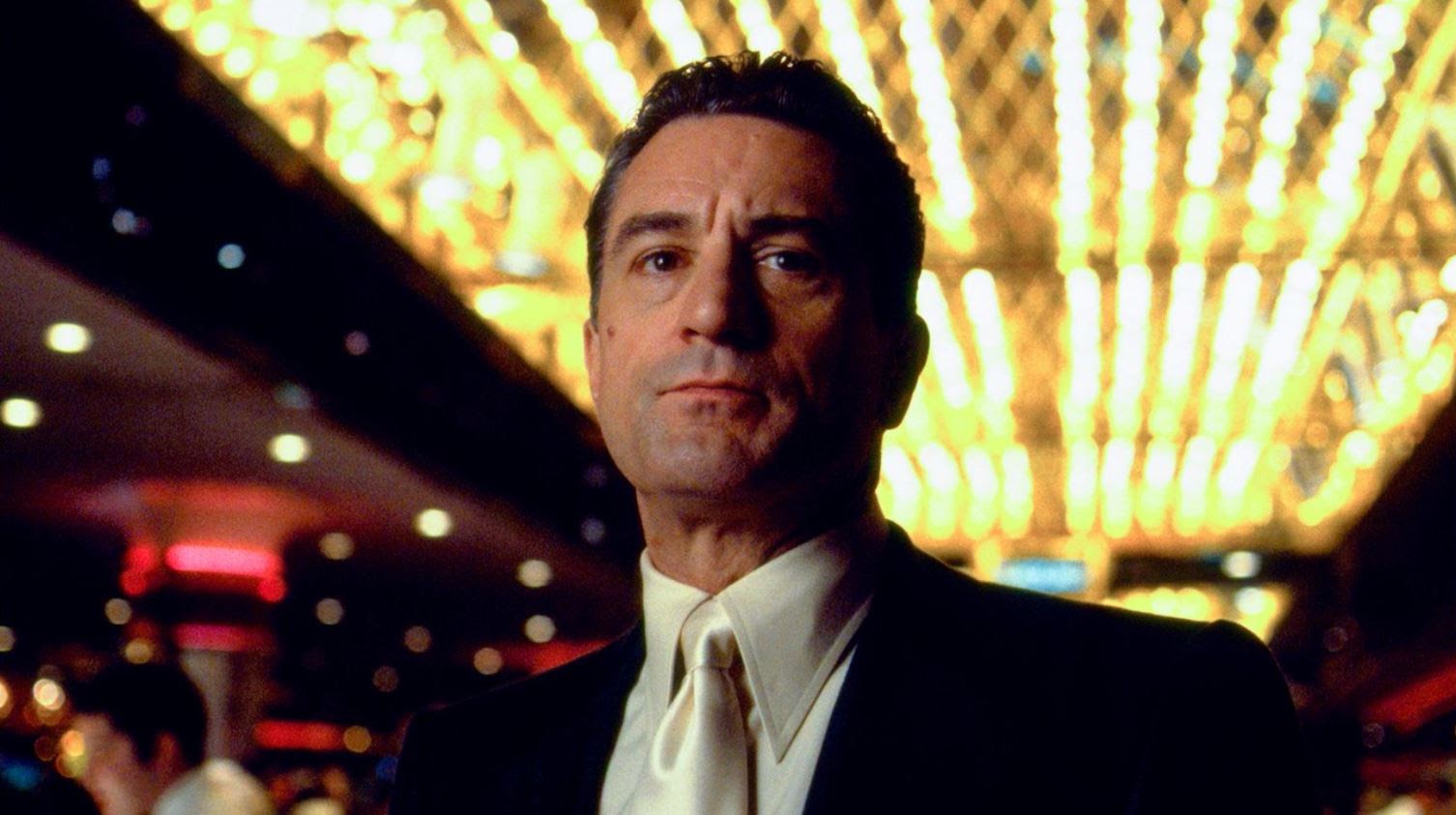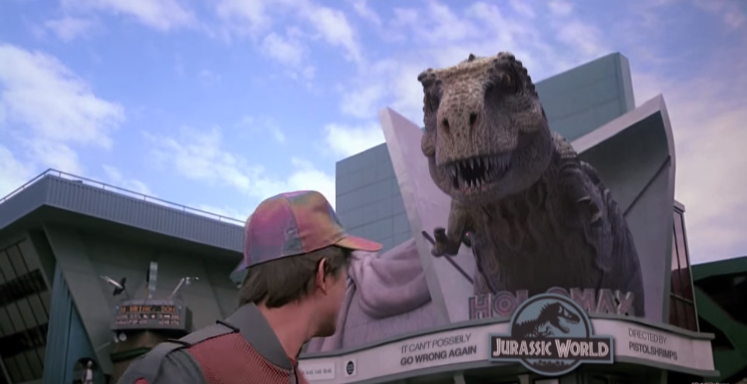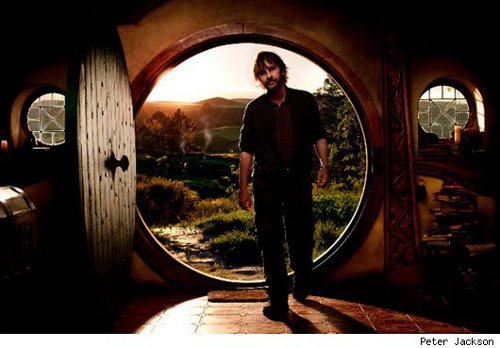When it comes to portraying casinos on the big screen, Hollywood often leans into the extremes — glamorous high stakes, over-the-top wins, and dramatic cheating scandals. But sometimes, filmmakers get it right. They capture the thrill, the psychology, and the atmosphere of casino life without falling into the usual traps.
Here are five movies that manage to represent casino culture with nuance, showing both the human side and the entertainment appeal — minus the clichés.
1. Casino (1995)
Martin Scorsese’s Casino is the gold standard for realistic portrayals of casino operations and culture. Based on real events, the film explores how organized networks ran Las Vegas in the 1970s and how the glamorous exterior was built on complex systems of control, loyalty, and influence.
What Casino gets right isn’t just the gritty reality — it’s the behind-the-scenes mechanisms. From managing games to maintaining floor control and navigating relationships with powerful interests, everything feels layered and authentic. This film treats casino culture as more than flashy lights — it shows it as a system.
For modern entertainment that mirrors this immersive experience in a lighter way, platforms like High Roller offer social players a chance to explore the excitement of casino-style play without the real-world stakes, embracing the same flair without the pitfalls.
2. The Cincinnati Kid (1965)
Long before poker tournaments were a TV staple, The Cincinnati Kid gave audiences a slow-burn, character-driven look at the high-pressure environment of professional card play.
Set in 1930s New Orleans, the film focuses on a young poker player aiming to take down an older master. It captures the essence of psychological competition, body language reading, and the emotional endurance required to sit through long hours of play — all elements that ring true in real casino card rooms.
The lack of flashy distractions makes the intensity even more palpable. What’s more, the film dives into the unwritten rules and etiquette that shape casino culture, offering viewers a grounded depiction of the world beneath the surface.
3. Croupier (1998)
Few films explore the casino from the other side of the table, and Croupier does it with style. This British neo-noir follows Jack, a struggling writer who takes a job as a casino dealer and gets drawn into the detached, almost existential rhythm of the profession.
Unlike movies that glamorize casino life, Croupier presents the experience from a grounded, day-to-day perspective. Jack’s observations reveal the psychological distance required to work in a casino environment — how dealers must stay emotionally removed from the outcomes they oversee.
What stands out is how the film nails the atmosphere: hushed conversations, polite tensions, and the rhythm of shuffled cards and clinking coins. It’s a rare inside look at the human mechanics of a world that usually emphasizes only the player side.
4. Rounders (1998)
Before the poker boom of the 2000s, Rounders tapped into the subculture of underground card games and the mindset of serious players. Matt Damon plays Mike, a law student with a natural gift for poker, who finds himself back at the tables to help a friend out of debt.
What makes Rounders shine is its attention to detail — poker terminology, realistic game sequences, and accurate depictions of player psychology. It never dumbs things down for the viewer, trusting the audience to follow along. It’s about risk, discipline, and understanding people — all pillars of casino play.
This approach to strategic thinking and calculated decision-making is still studied in modern gaming analysis. A breakdown from the MIT Sloan Sports Analytics Conference explores how these concepts apply to both competitive play and behavioral analysis in games like poker.
5. Ocean’s Eleven (2001)
Though it leans into the heist genre more than casino realism, Ocean’s Eleven still deserves a spot here — and not just because it’s endlessly rewatchable.
What this film gets right is the scale and layout of large casino-resorts, and the operational complexity behind the scenes. While the heist plot is obviously fiction, the attention to how casinos manage security, staff coordination, and the flow of guests mirrors real logistical challenges.
There’s also an accurate sense of the cultural role Las Vegas plays — as a backdrop for big personalities and high-end experiences. Rather than focus purely on play tables, Ocean’s Eleven showcases how modern casinos function as entertainment ecosystems — something digital experiences like High Roller simulate in their own immersive way.
Final Thought: Realism Can Still Be Entertaining
These five films stand out not because they ignore the glamor and intensity of casino life, but because they balance it with authenticity. Whether it’s the dealer’s perspective in Croupier, the slow burn tension of The Cincinnati Kid, or the behind-the-scenes realism in Casino, each story respects the reality behind the allure.
As casino-inspired entertainment continues to evolve in digital form, it’s fascinating to see how these stories still hold up — reflecting a culture that’s about more than just wins, but also about human interaction, decision-making, and immersive storytelling.




















